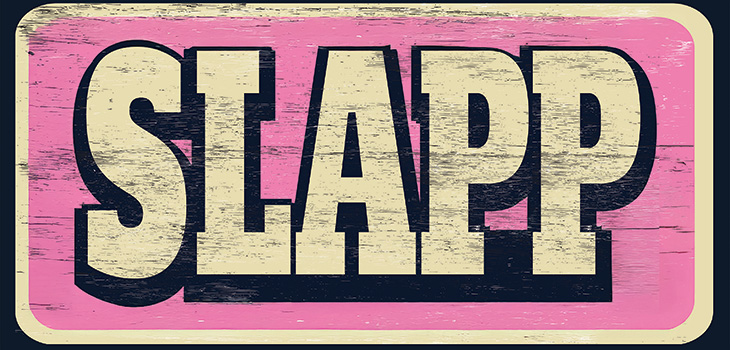
- Anti-SLAPP legislation is at last on the statute book, although not yet in force. A defendant will be able to have a SLAPP claim struck out.
- However, as this article explains, only limited forms of SLAPP are affected.
Journalists, publishers and lawyers have long been concerned that the courts can be used to stifle legitimate comment or criticism, a practice often referred to as strategic litigation against public participation (SLAPP). However, it is not always easy to distinguish between abusive behaviour and the ordinary stresses and strains of litigation, and introducing legislation has proved to be a slow process. In July 2022, the then government announced that it had fired ‘the opening salvo’ against SLAPP. Almost three years later, legislation has made its way on to the statute book, but it has yet to come into force and, even when it does, it is likely to disappoint campaigners.
SLAPP has been defined in various ways,









